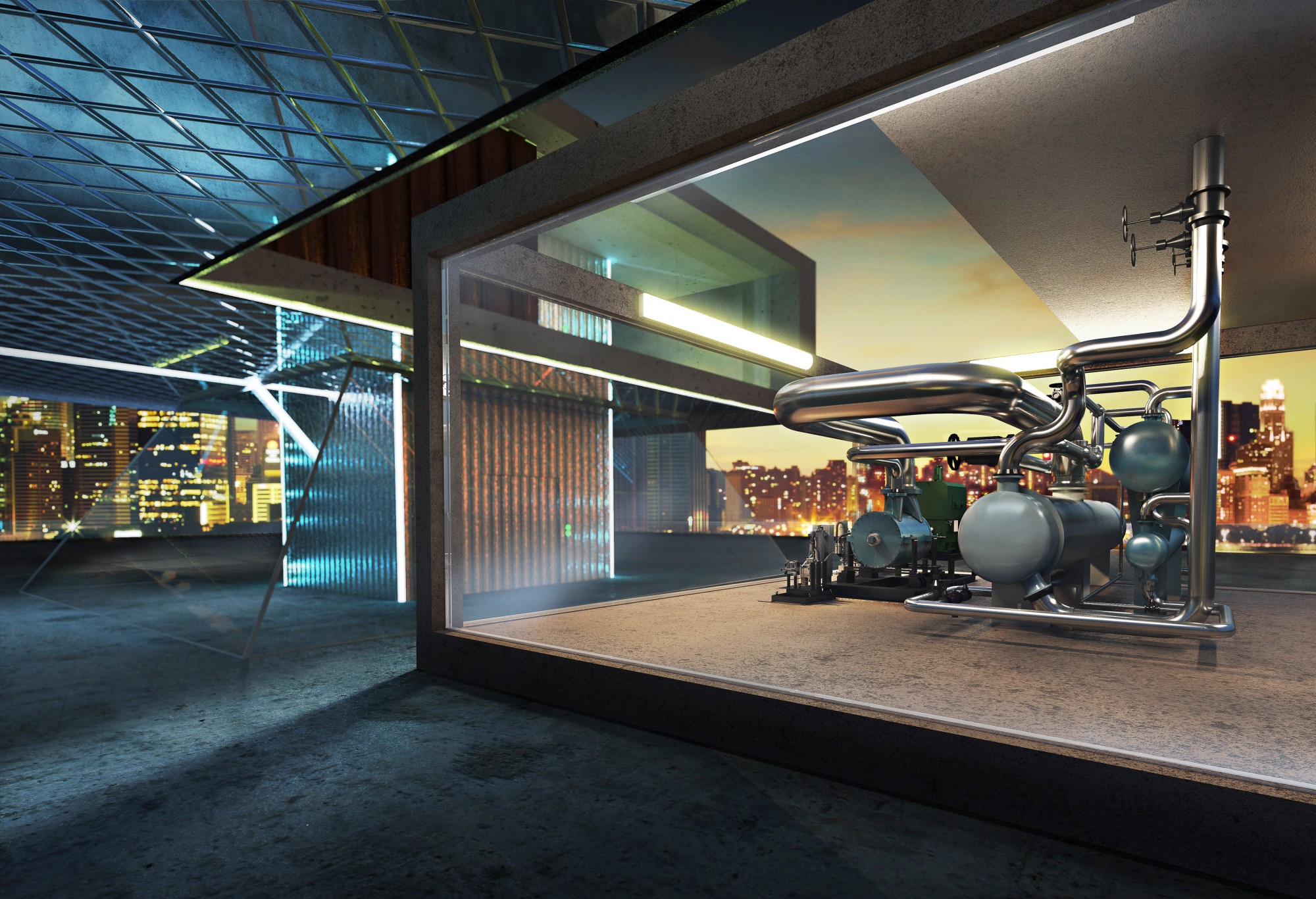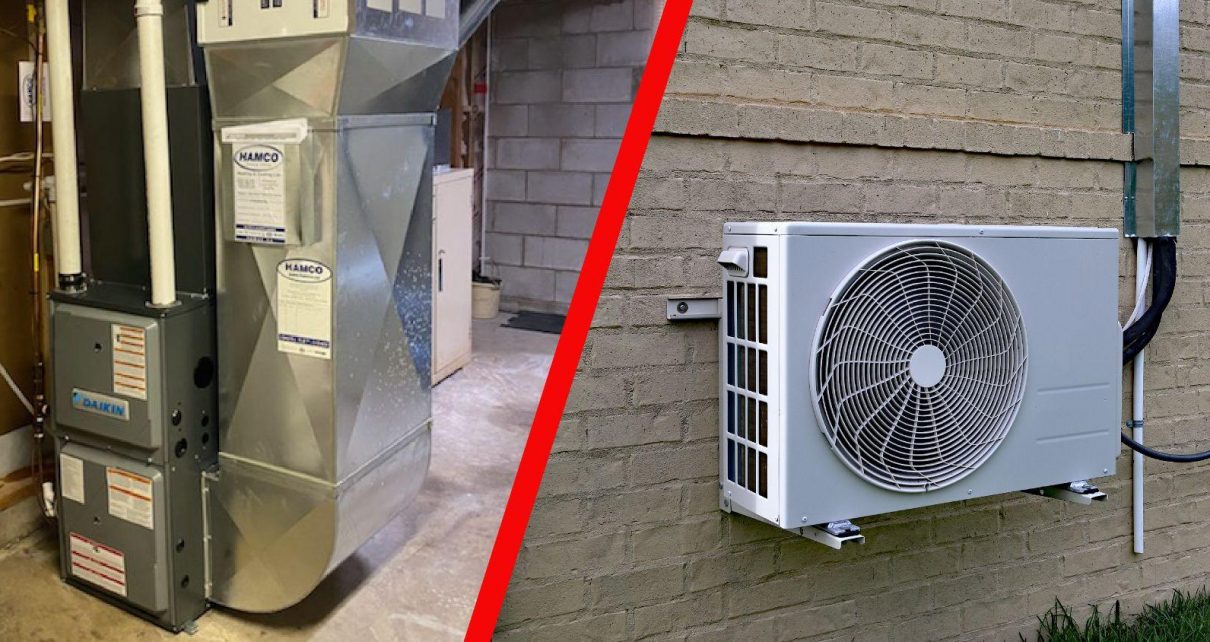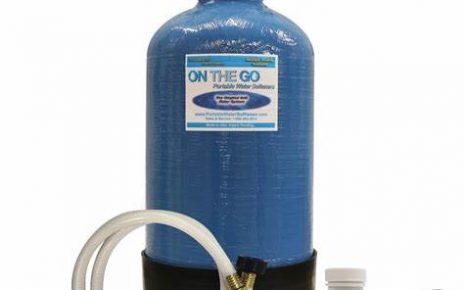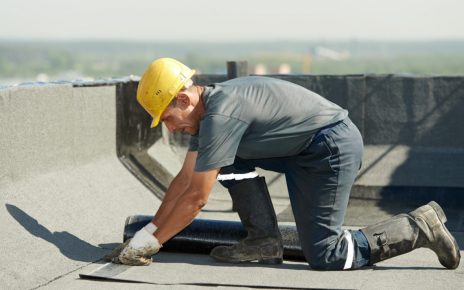When it comes to soojuspumba paigaldus, there are a few common pitfalls that homeowners should be aware of before starting their project. Heat pump water heaters can be a great way to save money on energy costs, but it is important to consider the potential issues and make sure you are properly prepared for the installation process. Here are four pitfalls to avoid when installing a heat pump water heater:
1. Failure to check local building regulations
Heat pumps must comply with local building codes in order to be installed safely and effectively. This includes safety features such as ventilation requirements, minimum distances from combustible materials, and proper drainage systems. Before starting any installation project, make sure you have checked with your local authority or building inspector to ensure you meet all the necessary requirements.

2. Incorrectly sized equipment
Incorrectly sized equipment can result in poor performance or even damage to the system over time. It is important to choose the right size and type of heat pump for your space so that it can provide adequate heating while maintaining efficiency levels. To determine the correct size, consider factors such as square footage, insulation level, climate zone, and family size.
3. Incorrect placement
Another potential problem is the incorrect placement of the unit in your home or workplace. Heat pumps need to be placed where they receive enough direct sunlight or warm air from outside sources throughout the day to operate efficiently and stay cool on hot summer days. Also, remember that some models require additional airflow around them for cooling purposes, so make sure there is enough open space nearby for adequate circulation.

4. Lack of maintenance
Finally, regular maintenance is essential to keep any HVAC system running smoothly over time. This includes cleaning filters regularly, inspecting electrical components regularly, checking refrigerant levels annually, and scheduling professional inspections at least once every two years. Allowing dust or debris to build up on parts such as fins or coils can lead to reduced efficiency, higher energy bills, and more frequent repairs in the future.
In conclusion, these four pitfalls should always be considered when planning a heat pump water heater installation project. Investing time upfront in researching local regulations, selecting appropriate unit sizes, strategically positioning units, and committing to regular maintenance practices will help ensure optimal performance for many years after the initial investment has been made.




